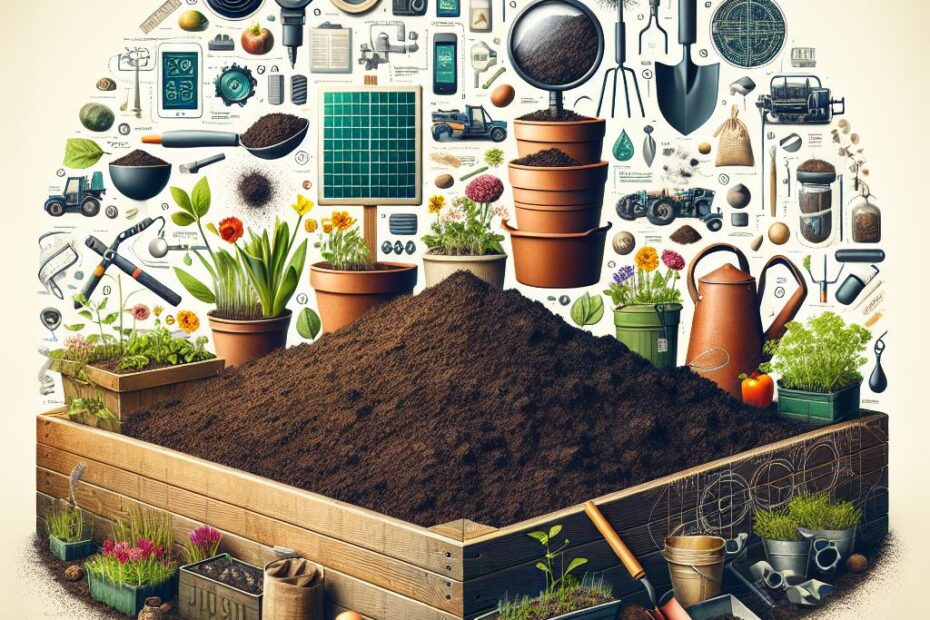Title: Raised Garden Bed Soil Bulk: Everything You Need to Know
Introduction:
When it comes to creating a successful raised garden bed, one of the most crucial components is the soil. Choosing the right soil in bulk can make a significant difference in the health and productivity of your garden. In this article, we will explore the benefits of using raised garden bed soil in bulk, practical tips for selecting the right soil, and share some case studies and first-hand experiences to help you make the most of your gardening efforts.
Benefits of Raised Garden Bed Soil Bulk:
- Cost-effective: Buying soil in bulk is often more cost-effective than purchasing individual bags, especially for larger raised bed gardens.
- Consistent Quality: Bulk soil is usually sourced from the same location, ensuring consistency in the quality of the soil you use.
- Customizable Blend: You can create a custom soil blend tailored to your specific gardening needs by mixing different types of soil, compost, and other amendments.
- Convenience: Having soil delivered in bulk saves you time and effort compared to making multiple trips to the store to purchase bags of soil.
Practical Tips for Selecting Raised Garden Bed Soil in Bulk:
- Test Your Soil: Before adding new soil to your raised garden bed, test the existing soil to determine its pH levels, nutrient content, and drainage capabilities. This will help you determine the best type of soil to add.
- Consider Drainage: Opt for a well-draining soil mix to prevent waterlogging and root rot in your raised bed garden.
- Choose Organic: Look for organic soil blends that are free from chemical fertilizers and pesticides to promote healthy plant growth and minimize environmental impact.
- Mix in Compost: Adding compost to your soil mix can improve its nutrient content, moisture retention, and overall soil structure.
- Ask for Recommendations: Seek advice from local gardening experts or suppliers to get recommendations on the best soil blends for your specific gardening needs.
Case Studies and First-hand Experiences:
-
Case Study 1:
- Location: Suburban backyard
- Soil Blend: Peat moss, compost, vermiculite
- Results: Increased yield of vegetables and herbs, improved soil texture and drainage
-
First-hand Experience:
- Location: Urban rooftop garden
- Soil Blend: Coco coir, perlite, worm castings
- Results: Enhanced plant growth, reduced watering frequency, sustainable gardening practices
Conclusion:
Choosing the right raised garden bed soil in bulk is essential for the success of your gardening endeavors. By following practical tips, considering the benefits, and learning from case studies and first-hand experiences, you can create a thriving garden that yields healthy and bountiful harvests. Remember to test your soil, prioritize drainage, opt for organic options, and seek expert advice when selecting the best soil blend for your raised garden bed. Happy gardening!
By incorporating these tips and insights into your gardening routine, you can create a lush and productive raised garden bed that will yield a bounty of fruits, vegetables, and flowers for years to come. So go ahead, get your hands dirty, and watch your garden flourish!
